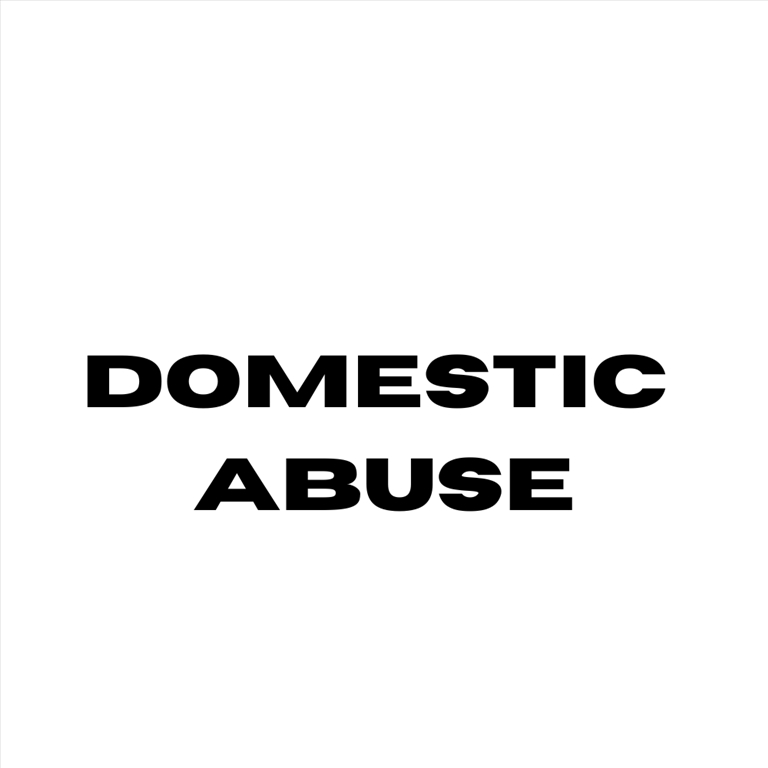
Across the UK, a quarter of all women and around a sixth of all men are likely to experience domestic abuse in their lifetime. This means that most employers will have people in their organisation who are affected by domestic abuse. For those individuals, work may be their only safe place and the actions of an employer can change and potentially save that person’s life.
Domestic abuse is an insidious, largely hidden crime, which impacts children, families, and the wider community. It extends beyond physical violence and includes sexual abuse, violent and threatening behaviour, controlling or coercive behaviour, economic abuse and psychological or emotional abuse. Anyone can be a victim of domestic abuse, regardless of gender, age, ethnicity, sexual orientation, economic status etc.
The current cost-of-living crisis is particularly challenging for many people experiencing domestic abuse as the costs of leaving an abuser are greater. Those with children may fear that they will be unable to support their family if they leave an abusive relationship.
Some frontline workers at Refuge have said that survivors have returned to perpetrators because they cannot afford to live alone or as a single parent. Employers can make a difference in easing the financial burden, supporting an employee to leave their abuser, potentially saving their life.
Employers’ duty of care - guidance accompanying the Domestic Abuse Act 2021 makes clear that employers should consider the impact of domestic abuse on their employees as part of their duty of care. Employers are uniquely positioned to provide both a place of safety and support to those facing domestic abuse, including those who want to escape an abusive relationship. There is also a strong business case for employers to act. The cost to the economy is considerable, with an estimated £14 billion arising from time off work and reduced productivity. Those suffering from domestic abuse will find it hard to perform at their best (or at all) in the workplace.
Research commissioned by the Vodafone Foundation in 2019 found that only 5% of employers had introduced a specific policy or guidance on domestic abuse at that time. This needs to change. Employers should:
Article reproduced (with permission) from Society of Occupational Medicine magazine.
The Northern Ireland domestic and sexual abuse helpline number is 0808 802 1414.
They can be contacted online at their website.